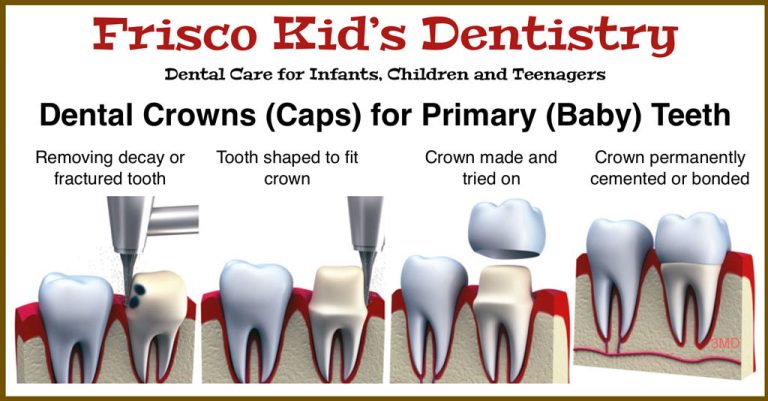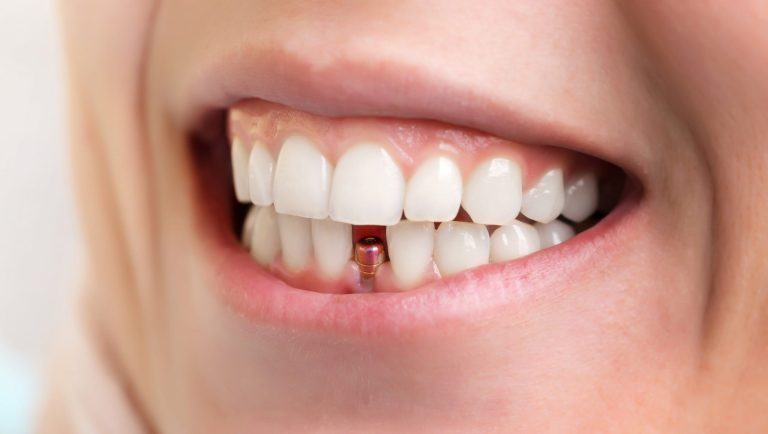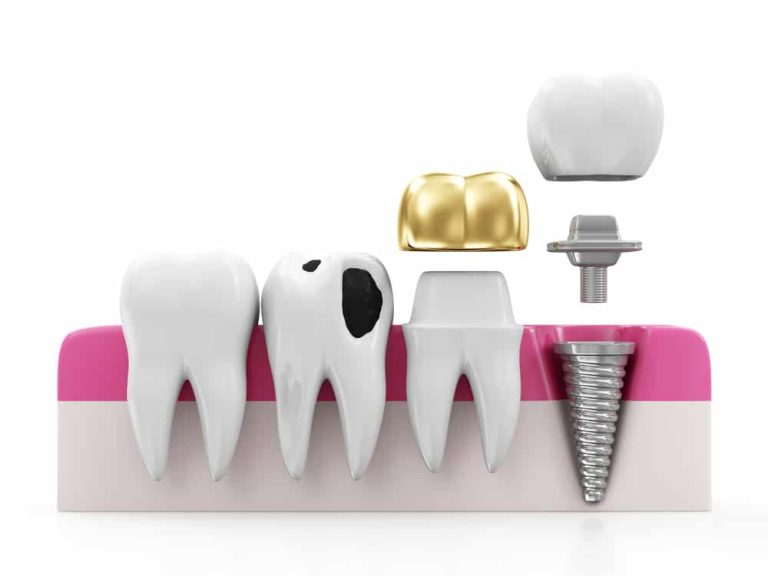Disadvantages of Dental Crowns: Top 5 Risks to Know
Last Updated on 5 months by DR. ALBIN SIPES
Dental crowns are common in dental care. They help restore damaged teeth. However, they have some disadvantages. This article will explore these downsides. Understanding the cons is important for making informed choices.
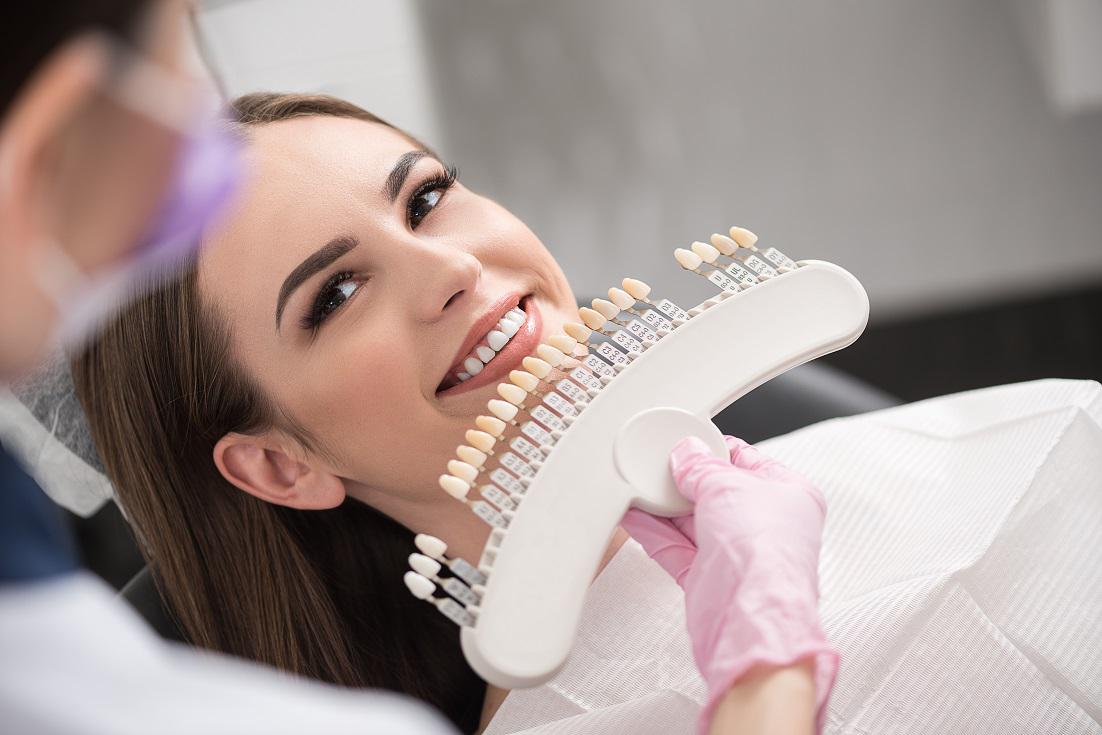
What are Dental Crowns?
A dental crown is a cap placed over a tooth. It restores its shape, size, and strength. Crowns can also improve appearance. They are made from various materials. Some common materials include:
- Porcelain
- Metal
- Resin
- Ceramic
Common Disadvantages of Dental Crowns
While dental crowns have benefits, they also have some disadvantages. Here are the main ones:
1. High Cost
Dental crowns can be expensive. The cost varies based on the material used. Insurance may cover part of the cost. However, many people still find them costly. This can be a significant financial burden.
2. Tooth Sensitivity
After getting a crown, some people feel tooth sensitivity. This sensitivity can happen when eating hot or cold food. It may last for a few weeks or longer. This discomfort can be bothersome.
3. Need For Tooth Removal
To place a crown, the dentist must remove some tooth structure. This is necessary to fit the crown correctly. However, this means losing part of your natural tooth. Some patients do not like this idea.
4. Possible Crown Damage
Crowns can break or wear down over time. This can happen if you grind your teeth. Chewing hard foods can also cause damage. If a crown breaks, it may need replacement.
5. Allergic Reactions
Some people may have allergic reactions to crown materials. For example, metal crowns may cause issues for those with metal allergies. Symptoms can include pain, swelling, or irritation.
6. Aesthetic Concerns
Not all crowns look natural. Some materials may not match your natural tooth color. This can be a problem for front teeth. People may feel self-conscious about how their crowns look.
7. Long Treatment Time
Getting a crown can take time. Patients often need multiple visits to the dentist. First, the dentist prepares the tooth. Then they take impressions. Finally, they place the crown on the next visit. This process can be inconvenient.
8. Risk Of Decay
Even with a crown, the tooth underneath can still decay. If the crown does not fit well, food can get trapped. This can lead to cavities. Regular dental check-ups are essential to prevent this.
9. Potential For Crown Loosening
Crowns can sometimes become loose over time. This may happen due to wear or decay. If a crown loosens, it may need to be re-cemented or replaced. This can be an extra hassle.
10. Limited Lifespan
Dental crowns do not last forever. On average, they last 5 to 15 years. Factors like oral hygiene can affect their lifespan. Patients may need to plan for future replacements.
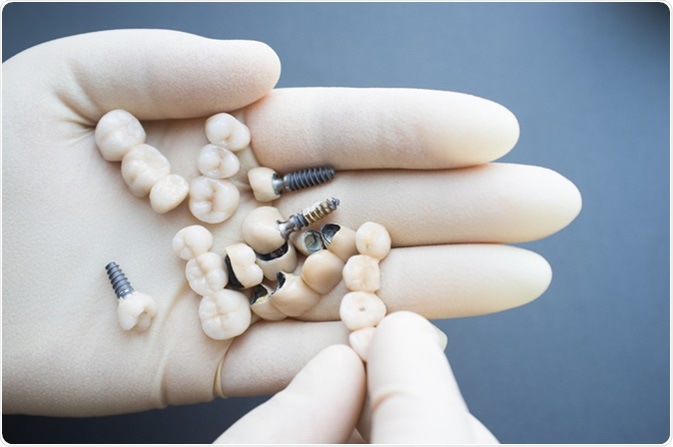
Alternatives to Dental Crowns
If the disadvantages of dental crowns concern you, consider alternatives. Some options include:
- Fillings
- Veneers
- Root canals
- Bonding
1. Fillings
Fillings are used for minor damage. They are less invasive than crowns. Fillings are usually cheaper too. They restore the tooth’s function and shape.
2. Veneers
Veneers are thin shells that cover the front teeth. They improve the appearance without covering the entire tooth. Veneers are a good option for cosmetic issues.
3. Root Canals
If a tooth is severely damaged, a root canal may be necessary. This treatment removes infected tissue. Afterwards, a crown may still be needed. However, this can save the tooth.
4. Bonding
Bonding involves applying a tooth-coloured resin to teeth. This can fix chips, cracks, or gaps. It is less expensive than crowns and can be done quickly.
Conclusion
Dental crowns are useful but come with disadvantages. It is essential to weigh the pros and cons. Understanding the downsides helps in making informed decisions. Always consult with your dentist about the best option for your situation.
FAQs
1. How Long Do Dental Crowns Last?
The lifespan of dental crowns is typically between 5 to 15 years.
2. Are Dental Crowns Painful?
Most people experience some sensitivity after getting a crown, but pain is usually minimal.
3. Can I Eat Normally With A Crown?
Yes, you can eat normally, but be cautious with hard foods initially.
4. How Much Do Dental Crowns Cost?
The cost can range from $800 to $3,000, depending on the material and location.
5. Do I Need To Take Special Care Of My Crown?
Yes, maintain good oral hygiene and visit your dentist regularly.
Final Thoughts
Dental crowns can be a great solution for damaged teeth. However, it is essential to consider their disadvantages. Always discuss with your dentist to find the best option for you.

